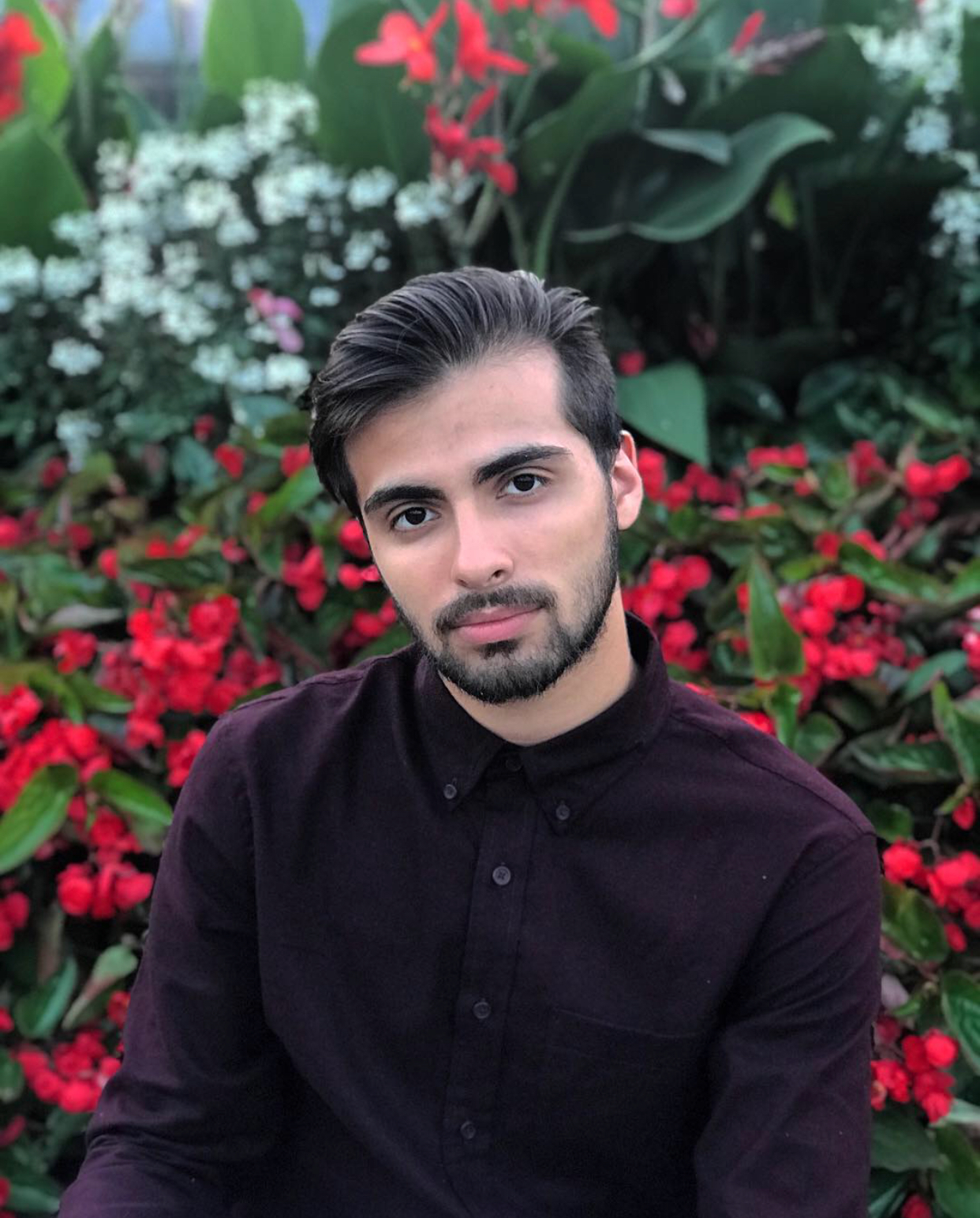ISSN: 1941-4137
POETRY THAT ENACTS THE ARTISTIC AND CREATIVE PURITY OF GLASS
POETRY THAT ENACTS THE ARTISTIC AND CREATIVE PURITY OF GLASS

Bailey Cohen is a queer Ecuadorian-American poet studying at NYU. He was a finalist for the 2018 Boulevard Contest for Emerging Poets as well as the runner-up for the 2018 Raleigh Review Laux / Millar Poetry Prize. Besides these publications, his work appears in or is forthcoming from journals such as The Shallow Ends, Noble / Gas Quarterly, Glass: A Journal of Poetry, Okay Donkey, and more. He serves as a reader for Frontier Poetry and as contributing editor and founder of Alegrarse: A Journal of Close Readings. He loves everyone Latinx.
Also by Bailey Cohen:
Self-Portrait As Yurico With Glue Bottle And Cigarette
Elegy in Reverse
Poem for the Time We Sat Cliffside Watching Grass In the Shallow Water Sway
Self-Portrait as Yurico Floating in Space or en Río San Pedro
Father — why have nothing
when you can have? I spend
days adrift in my own lacking
and do my best to blame no one.
Without fire, I wait and forget
purpose. America — I am sure
you are beautiful. This is enough.
America — will you still love me
afterwards? When my body is
more water than it should be?
When I am bloated & full of rivermoss?
America — will you teach me
how to love tender as a stray dog
with dead man’s bone between
barely sharp enough teeth? Evolution
has made fools of us all. I know God loves
America with all his goddammed heart.
God must be such a selfish man.
America — will you even love me
to begin with? I have done everything
that I can. This I know. God —
you must love the hungry, but why
have you made us so? Did you
look out onto the pool of ugly,
empty bellies and think My beautiful,
starving children, how I love you most?
The 2009 documentary, Which Way Home, follows Yurico, a seventeen year old boy from Chiapas, Mexico, who has been homeless most of his life and struggles with drug addiction, on his journey through Mexico, as he attempts to cross the United States' southern border. Yurico is the subject of a chapbook manuscript I have been working on, titled Self-Portraits as Yurico. I spent a lot of time thinking about the responsibility I placed upon myself by doing this project, about the distance between Yurico and myself. I am not an immigrant. Although Spanish was my first language, after being bullied in school for not knowing English, I spent most of my life forgetting it. My mother, who came to this country when she was 18, went through most of the hardships that immigrants go through and left me with very little. Because of all this, I needed a way to bridge a gap between a persona style of poetry and a confessional style of poetry, and the Self-Portrait landed in my lap. For this poem in particular, I was fascinated at the way Terrance Hayes directly addressed America in one of his "American Sonnets for my Past and Future Assassin." I thought to myself, what would Yurico say if he could talk to America? What would I? How can the two of us reckon with the god complex that America so often has? This poem, and all others like it, are for Yurico, and all children like him.
Glass: A Journal of Poetry is published monthly by Glass Poetry Press.
All contents © the author.
All contents © the author.





